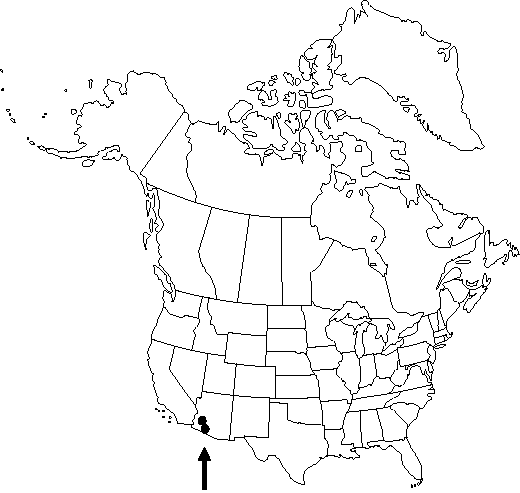Berberis harrisoniana
J. Wash. Acad. Sci. 29: 477. 1939.
Shrubs, evergreen, 0.5-1.5 m. Stems often ± dimorphic, with elongate primary and somewhat elongate axillary shoots. Bark of 2d-year stems brown or gray, glabrous. Bud scales 1.5-3 mm, deciduous. Spines absent. Leaves 3-foliolate; petioles 1.5-5 cm. Leaflet blades thick and rigid; surfaces abaxially ± dull, papillose, adaxially dull, rarely glossy, somewhat glaucous; terminal leaflet sessile, blade 2.9-5.4 × 2.2-3.2 cm, 1.3-2.4 times as long as wide; lateral leaflet blades ovate or rhombic to lanceolate, 1-3-veined from base, base acute to rounded-obtuse, margins plane or undulate, lobed, with 1-2 teeth 5-13 mm high tipped with spines to 2-3.4 × 0.3-0.4 mm, apex acuminate. Inflorescences racemose, rather dense, 6-11-flowered, 1.5-2.5 cm; bracteoles membranous, apex acute or obtuse. Flowers: anther filaments with distal pair of recurved lateral teeth. Berries blue-black, glaucous, spheric to short-ovoid, 5-6 mm, juicy, solid.
Phenology: Flowering winter (Jan–Mar).
Habitat: Shady spots in rocky canyons
Elevation: 800-1100 m
Discussion
Of conservation concern.
Berberis harrisoniana is endemic to the Kofa and Ajo mountains. It has not been tested for resistance to infection by Puccinia graminis.
Selected References
None.
